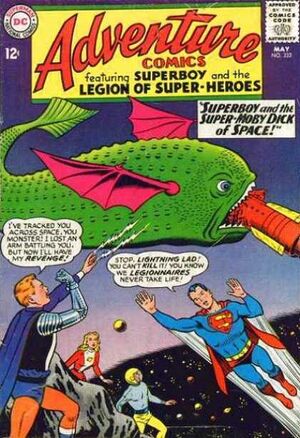Now that The Power Club™ is available, let’s review who the
main characters are and what they can do.
In The
Power Club™, kids who develop
super-powers must live inside “the district,” a small, confined series of
neighborhoods in which they are separated from “ords” (people who have no
powers), other than their immediate families, and have limited freedom. Kids can gain more freedom if they join a special club—if the club accepts them.
The "code names" in parenthesis are not used in the story, and
they may or may not be used in the sequels. Damon, who came up with the names, thinks they’re great. Danner
thinks they’re dumb. You decide.
DAMON NEUMEYER (“Master of Darkness”)—Age 13, Damon has the
ability to create darkness. He can plunge
a medium-sized room into total darkness by creating a “darkspace,” a mysterious environment that appears to be a part of him. Only Damon can see inside the darkspace—images
appear black and white to him. No one
can hear inside the darkspace unless he opens a “soundspace” for them to
communicate. Neither Damon nor anyone
else can see or hear what goes on outside the darkspace. Damon has lived in the district since age six
and, because kids aren’t allowed to use their powers in public, he hasn’t had
much chance to develop his power; hence, the reason he wants to join The Power
Club.
KYLE POWELL (“Teleporter King”) – Age 15, Kyle can teleport
himself, other people, and objects. The
person or object being teleported appears to “scramble” as if its insides and
outsides are being rearranged and reassembled somewhere else. People who are teleported often feel a brief
sense of nasuea afterwards. While the
distance Kyle can teleport himself or others is uncertain, he refuses to “send”
anything out of his line of sight to prevent it from merging with another
person or object. Kyle can teleport two
people at the same time, but doing so is very dangerous.
DENISE EVANS (“Forture Teller”) – Age 14, Denise can see the
future. Her power, so far, is very
imprecise. For example, she can predict
an event which will occur but not exactly when it will occur. Or she may know the exact time of an event
but not how it will turn out. She may
sense that others will need her help but not know the exact details. On the other hand, Denise can predict with
alarming accuracy how other people will behave or what they will say. Denise claims her visions are never wrong.
VEE EVANS (“V-Blur”) – Age 12, Vee—Denise’s younger brother—possesses
super-speed. Vee does not know exactly
how fast he can run because, being confined to the district, he has nowhere
else to go. But he’s fast enough to
avoid Damon’s darkspace and to zip around unseen by most people, who perceive
him only as a fleeting blur. Because of
his power, Vee sometimes talks fast and can be very impatient.
ALI REEVES (“Flyer”)—Age 14, Ali can fly—a power most kids
in the district would love to have. But Ali, too, hasn’t had a chance to learn how to
control her power. Being gravity-less
and ground-less, she can easily float away. However, she is learning to have greater self-confidence and can swoop
in and out of dangerous situations.
DANNER YOUNG (“Tower”) – Age 14, Danner can grow to enormous
heights. As he grows, his strength and
weight increase proportionately. His
upper limit is 30 feet, but he rarely grows higher than 20 feet. His power gives him enormous self-confidence
and an aggressive personality. He keeps
his normal height at six feet just so he towers over other kids.
These six principal characters in The
Power Club™ are not the only kids in the
district with powers. Soon we’ll
take a look at others, including the villains.
If you like this post, you may also like:






